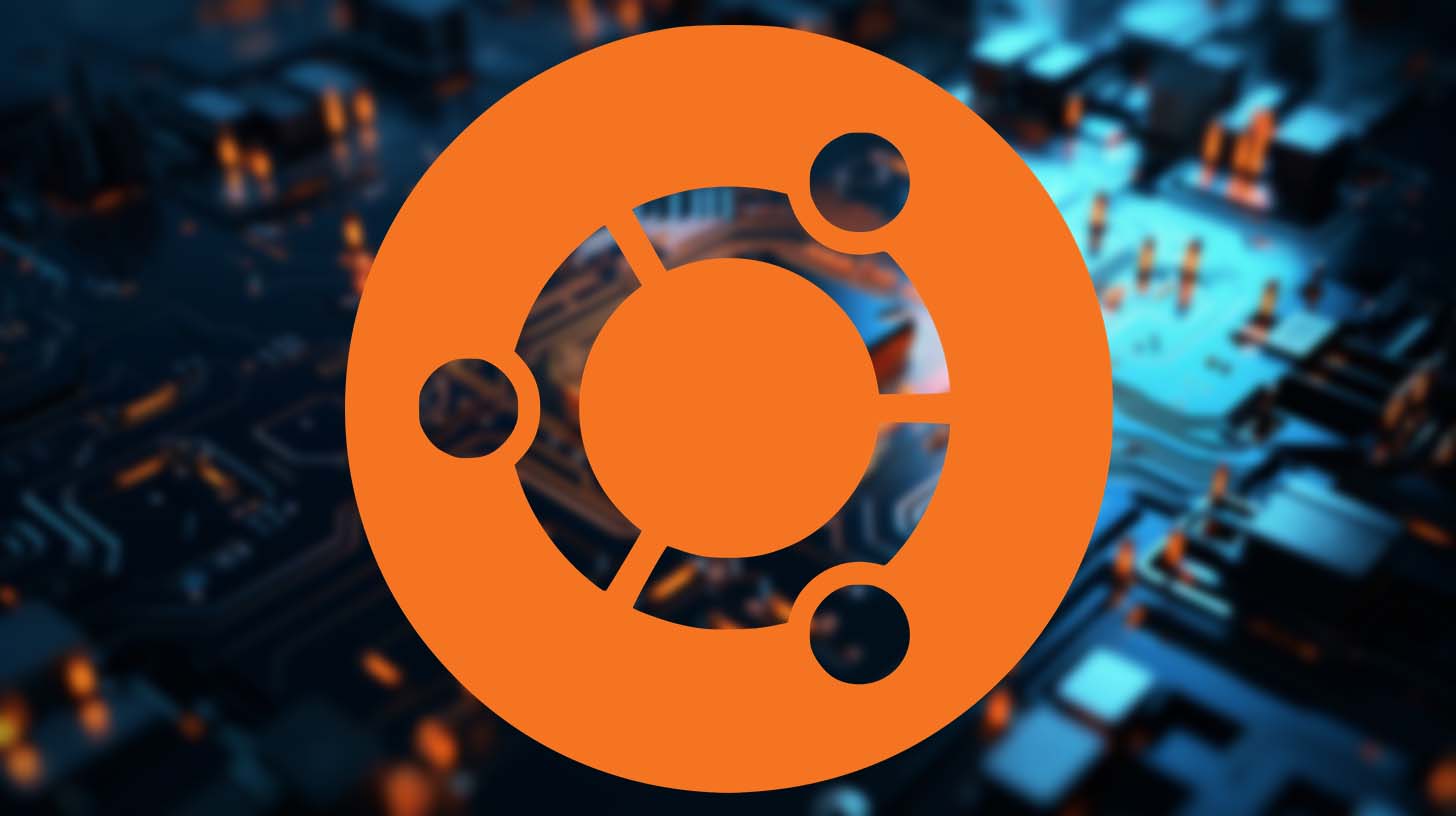
How to install Metasploitable 2 on virtualbox
June 26, 2023Ubuntu: A Glimpse into its Future

Ubuntu, the open-source Linux operating system developed by the UK-based company Canonical, has been a cornerstone of the open-source community since its inception in 2004. As of my knowledge cut-off in 2021, there is a vibrant discussion concerning the future of Ubuntu. However, when scrutinizing Ubuntu’s trajectory and the direction of the broader tech industry, it becomes apparent that Ubuntu does have a future. Here’s why.
The Broad Acceptance of Open Source
The first and foremost argument is the growing acceptance of open-source technology in both the corporate world and among individual users. Ubuntu, as one of the most popular Linux distributions, benefits immensely from this trend. Companies increasingly see the value in open-source software, which allows for customization, increased security, and a community-driven approach to development. This environment provides Ubuntu with a vast opportunity for growth and evolution.
Expanding Use in Cloud Computing
Ubuntu’s significant footprint in the world of cloud computing is another crucial element in considering its future. As the dominant OS on public clouds and the preferred platform for OpenStack deployments, Ubuntu plays a vital role in the modern computing landscape. With the continuous growth and increasing importance of cloud computing, this positions Ubuntu at the center of current and future technological developments.
IoT and Edge Computing
As the Internet of Things (IoT) and edge computing gain momentum, Ubuntu is set to be a major player in these fields. With its lightweight nature and the ability to run on a wide variety of hardware, Ubuntu is an excellent choice for running IoT devices. In addition, Ubuntu Core, an operating system designed specifically for IoT devices, has already seen significant adoption.
Continuous Innovation
Ubuntu’s future is also secured by its commitment to innovation. Canonical releases new versions of Ubuntu every six months, ensuring that the OS is always up-to-date with the latest technologies. The introduction of new features like Snap, a universal Linux package manager, showcases the constant evolution that is inherent in the Ubuntu ecosystem.
Robust Community and Corporate Support
Ubuntu has an extensive and passionate community of users and developers who contribute to its growth and improvement. This community involvement ensures the distribution stays relevant, vibrant, and adaptable to changing user needs. Moreover, Canonical’s backing provides a level of stability, guiding the development while also offering commercial support for businesses using Ubuntu.
Criticism and Challenges
Despite these points in favor of Ubuntu’s future, it’s essential to address some criticisms and challenges. Some users express concerns about Canonical’s commercial decisions, such as the inclusion of Amazon ads in the past or the discontinuation of Unity desktop. However, most of these decisions have been reversed or corrected due to community feedback, underlining the checks-and-balances relationship between Canonical and its community.
In conclusion, while no software’s future can be predicted with complete certainty, Ubuntu’s role in the growing sectors of cloud computing, IoT, and edge computing, coupled with its robust community and commitment to innovation, strongly suggests that Ubuntu does have a bright future. In a rapidly evolving tech landscape, Ubuntu continues to demonstrate resilience and adaptability, ensuring its relevance for years to come.

